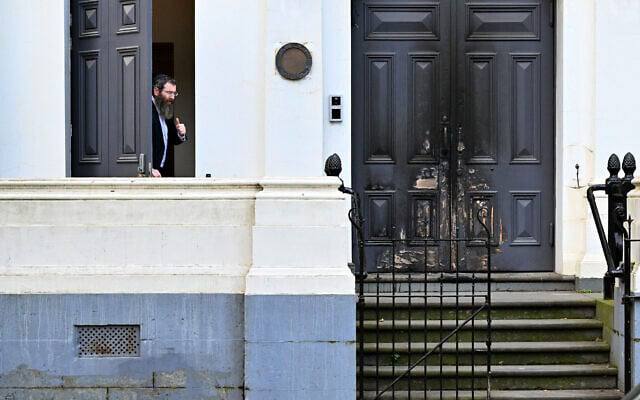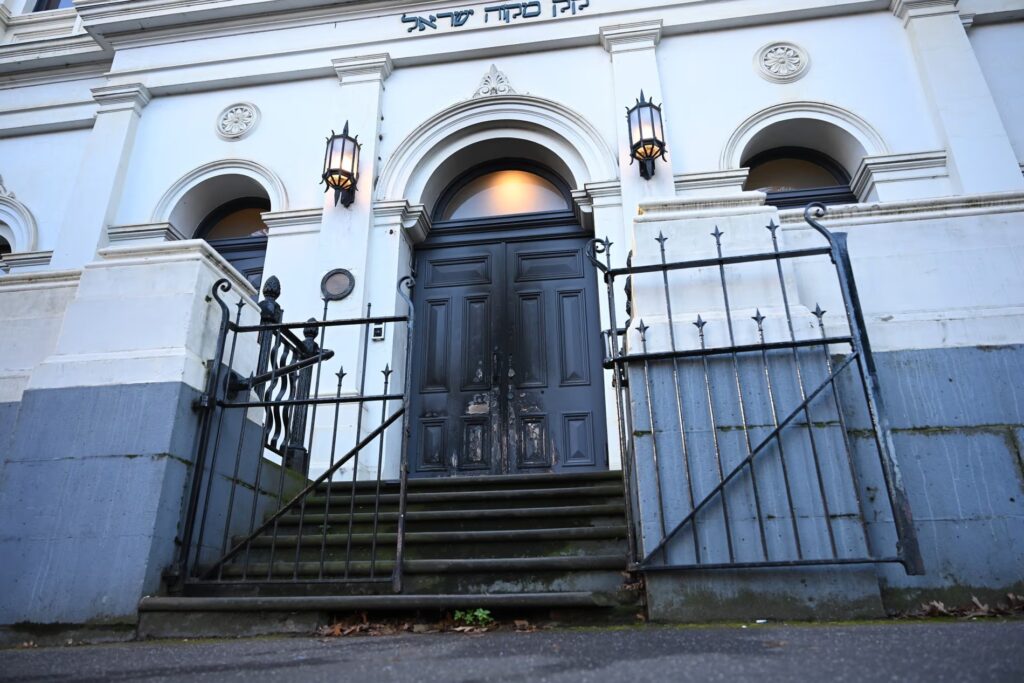UPDATES
Arab commentators: Syria far worse than Israel, but treated more softly
March 5, 2012 | Ahron Shapiro

As official estimates of Syrian civilians killed in the Assad regime’s bloody crackdown climb steadily past the 7,500 mark, a couple of recent Op-Eds in the Arab media have compared the Arab world’s strong outrage to Israeli military actions in the West Bank, Gaza and southern Lebanon to their muted response to Syrian slaughter of their own people.
Putting aside the moral inequality of such a comparison (the pieces make no effort to differentiate the defensive nature of Israeli military campaigns from the cold-blooded ruthlessness of the Syrian dictatorial regime suppressing dissent from its own citizens) the pieces nevertheless mark a significant break from the traditional narrative in Arab media that the Palestinians are the region’s principal human rights victims.
The new paradigm, according to these recent commentaries, is simply to judge the actions of Arab governments by the same standards that they have applied to Israel.
A piece published last week on the Lebanese website NOW Lebanon, Hussain Abdul-Hussain, the Washington Bureau Chief of the Kuwaiti newspaper Al-Rai, starts its attack on Arab hypocrisy in the photo caption.
Showing Assad and Palestinian Authority President Mahmoud Abbas together, the caption states “Assad is one of the Arab leaders focusing attention on the Palestinian issue to distract from the crimes he commits against his own people.”
On that note, Abdul-Hussain goes off to the races:
“It used to be Palestine only, conveniently giving Arab autocrats the excuse to make everyone shut up and accept tyranny. But the Arab Spring has changed it all. Now every Arab country has its issues, its dead, its arrested, its dictators to topple and its future to think of. Finally Arabs have come to realize that their different problems are equally important. Claiming that Palestine trumps all other Arab causes does not cut it anymore.”
Abdul-Hussain goes on to recall a conversation he had with Syrian rebel Eiad Sharbaji, who had lost friends and family in the crackdown.
“When you see Assad’s brutality against his own people, and Hezbollah supporting it, you start wondering how such murderers can also be liberators of Palestine,” Abdul-Hussain quotes Sharbaji as saying.
Abdul-Hussain continues:
“Further undermining the centrality of the Palestinian problem is that the number of Palestinian deaths at the hands of Israel pales next to of that of Arabs killed by their own dictators.
Consider, for instance, the total number of Palestinians killed by Israel since 1987 throughout two uprisings and several Israeli military campaigns: around 9,000. Assad has killed almost an equal number of his own only since the outbreak of the Syrian uprising less than a year ago.”
The Kuwaiti editor concludes:
“Palestine has lost its place at centre stage. The past decade has been a transformative one for many Arabs. While Palestine remains a problem, ending tyranny is the true liberation the Arabs are seeking.”
In “Let us Compare Assad to Israel,” Tariq Alhomayed, editor in chief of the highly influential London-based newspaper Asharq Al-Awsat, draws similar conclusions in a column that was republished in a number of publications across the Middle East.
About Syria, Alhomayed writes:
“Let us pause here in front of this state of mad dictatorship, and compare it with what Israel has committed against us in recent times, and I say recent times as we are talking about the last five years, particularly the Lebanon and Gaza wars. The entire world rushes to stop Israel’s aggressions against Lebanon in 2006, and this war ended after approximately two months, claiming the lives of 1,200 Lebanese. The same thing applies to the Gaza war, which had approximately the same death toll. In both wars, the public opinion in the Arab world called for urgent action.”
He continued:
“Today, in the case of Assad, we have seen the Syrian forces brutally killing their own people on our television screens over the past year – not two months – whilst the death toll stands at more than 8,000 and the tyrants of Damascus’ troops have destroyed mosques, tortured and assassinated children, as well as women and the elderly, simply in order to allow Assad to cling to power. Despite all this, we find some countries, politicians, media organisations and figures, who are procrastinating; it is as if we – as Arabs – are saying that if the killer is also an Arab, then this is something that we can accept, however, if he is an Israeli, then we must all move as one to put an end to this! This is a saddening and shameful state of affairs, particularly when somebody like Hassan Nasrallah shamelessly comes out to defend Assad!
If we compare the Assad regime to Israel, we will discover the extent of hypocrisy in our region and one of its main sources is the Assad regime, father and son, which lived on the lie of resistance.”
While this trends amounts to only a couple of mainstream Arab voices so far, even this appears significant, because such voices have been all but non-existent in major Arab media in the past. The ability to put forward views about the Israeli-Palestinian conflict which reflect at least some reasonable context, rather than unifying myth and conspiracy theories, may be one important legacy of the “Arab Spring” political movements in the Middle East, even as their political legacy looks decidedly doubtful (as even perpetual optimist Thomas Friedman recently conceded).
Ahron Shapiro
Tags: Israel





